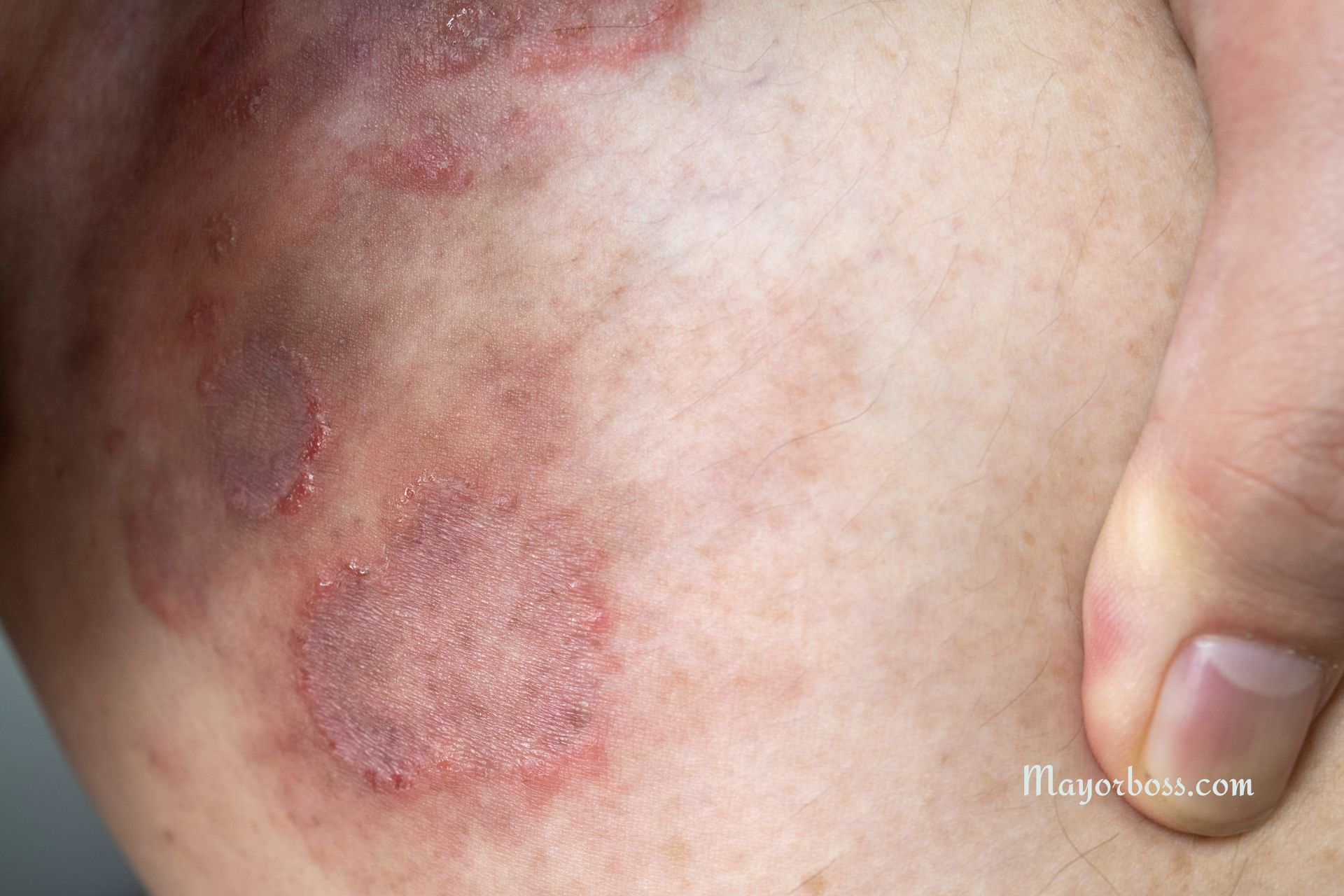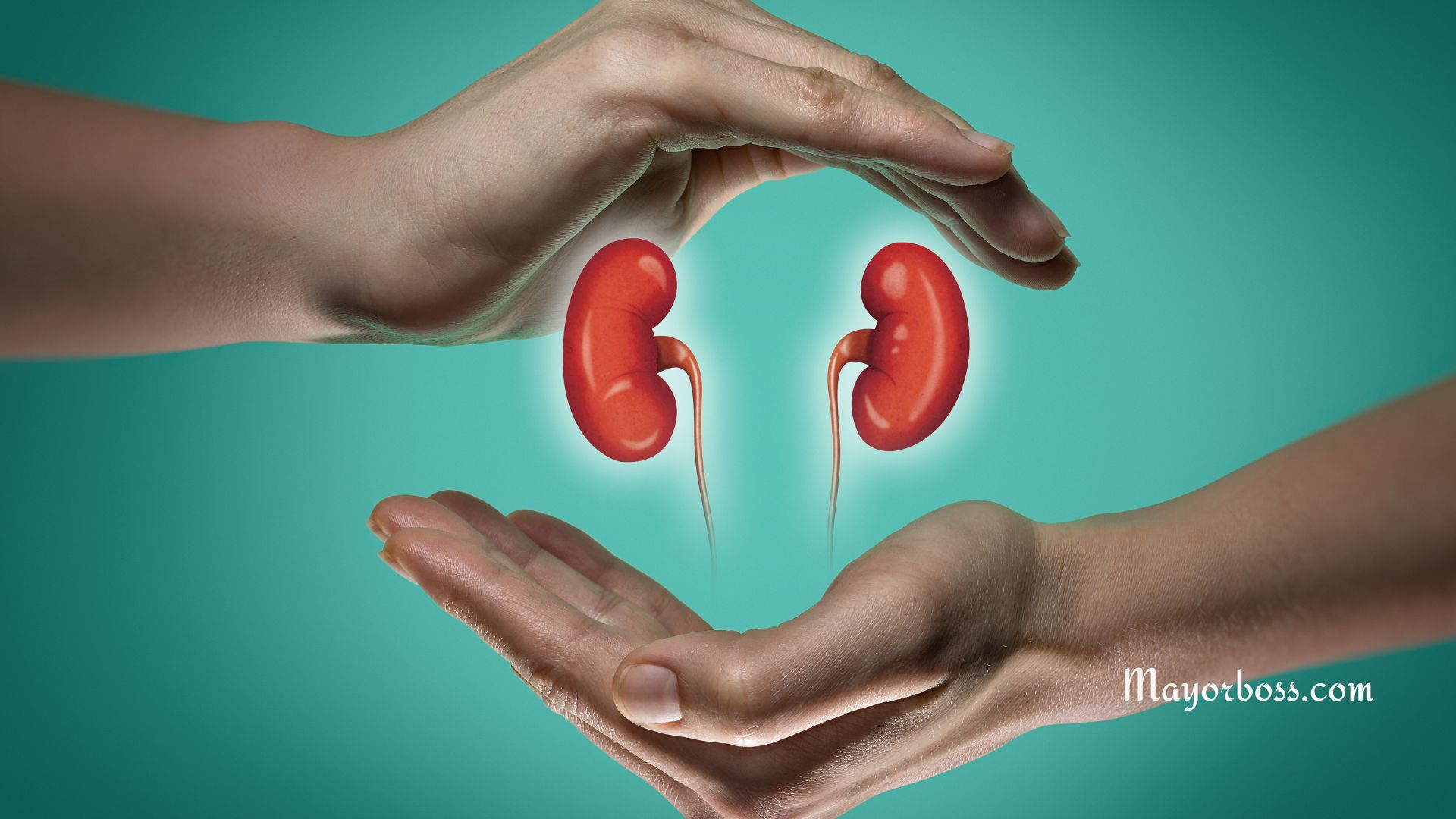7 Signs You’re Not Getting Enough Omega-3
Omega-3 fatty acids are vital nutrients that play a crucial role in maintaining optimal health. These fatty acids are particularly important for brain function, cardiovascular health, and reducing inflammation. Your body cannot produce Omega-3s on its own, which means you must obtain them through your diet. In this article, I’ll tell you about some signs that you may not be getting enough Omega-3s and how you can increase your intake.
Signs You’re Not Getting Enough Omega-3
1. Dry, Itchy Skin
One of the first signs that you may not be getting enough Omega-3s is dry, itchy skin. These essential fatty acids help maintain your skin’s natural moisture barrier, which keeps your skin hydrated and healthy. If you’re experiencing persistent dryness or itchiness, increasing your Omega-3 intake could help alleviate these symptoms.
2. Brittle Nails and Hair
Omega-3s also play a role in maintaining strong, healthy nails and hair. If you’ve noticed that your nails are prone to breakage or that your hair is losing its shine and becoming more brittle, it could be due to insufficient Omega-3 intake. By consuming more Omega-3-rich foods, you may be able to improve the health and appearance of your nails and hair.
3. Frequent Fatigue
Feeling tired all the time? Omega-3 fatty acids are important for energy production and overall brain function. Insufficient Omega-3 intake can lead to decreased cognitive performance, making you feel sluggish and fatigued. If you find yourself constantly tired despite getting enough sleep, consider increasing your Omega-3 consumption.
4. Dry Eyes
Dry eyes are another potential sign that you might not be getting enough Omega-3 fatty acids in your diet. According to studies, Omega-3s help maintain the healthy production of tear film, which is essential for lubricating and nourishing your eyes. Thus, a lack of Omega-3s can result in an imbalance in the tear film, causing dry, irritated, and uncomfortable eyes.
5. Joint Pain and Stiffness
Omega-3 fatty acids have anti-inflammatory properties, which can help decrease joint pain and stiffness. Hence, if you’re experiencing persistent joint discomfort, it may be a sign that you’re not getting enough Omega-3s in your diet. Increasing your intake can help reduce inflammation and alleviate joint pain.
6. Mood Swings and Depression
Omega-3s play a vital role in maintaining proper brain function and mood regulation. Studies have shown that individuals with lower Omega-3 levels are more prone to mood swings, depression, and anxiety. Therefore, if you find yourself struggling with your mood or mental health, consider evaluating your Omega-3 intake.
7. Insomnia
Evidence suggests that inadequate Omega-3 intake can contribute to poor sleep quality. Omega-3 fatty acids play a role in producing melatonin, a hormone that regulates your sleep-wake cycle. They also help modulate brain function and mood, impacting your ability to fall asleep and stay asleep.
If you’re experiencing insomnia or poor sleep quality, consider evaluating your Omega-3 intake alongside other factors that may affect your sleep, such as stress, caffeine consumption, and sleep hygiene. By boosting your Omega-3 consumption through diet or supplements, you may help support better sleep quality.
How to Increase Your Omega-3 Intake
If you’ve identified some of these signs in yourself, it’s essential to take steps to increase your Omega-3 consumption. Here are some simple ways to do that:
Eat Omega-3 Rich Foods
Incorporate more Omega-3-rich foods into your diet, such as fatty fish (salmon, mackerel, sardines), walnuts, chia seeds, flaxseeds, and algae-derived supplements.
Consider Supplements
If you’re having trouble getting enough Omega-3s through your diet, you can consider taking a high-quality fish oil or algae-based supplement. Be sure to consult with your healthcare provider before starting any new supplement regimen.
Opt for Grass-Fed and Pasture-Raised Products
Grass-fed and pasture-raised animal products, such as beef and eggs, tend to have higher Omega-3 content than their grain-fed counterparts. Opting for these products can help increase your Omega-3 intake.
By recognizing the signs of Omega-3 deficiency and taking action to increase your intake, you can support your overall health and well-being.
References
- Omega-3 Fatty Acids. National Institutes of Health.
- The Consumption of Omega-3 Fatty Acids in American Adults. Erik Froyen, Zahraa Maarafi (2022).
- The Potential Uses of Omega-3 Fatty Acids in Dermatology: A Review. Journal of Cutaneous Medicine and Surgery.
- Omega-3 supplementation lowers inflammation and anxiety in medical students: a randomized controlled trial. Brain, behavior, and immunity. Psychoneuroimmunology Research Society.
- Differential Effects of DHA- and EPA-Rich Oils on Sleep in Healthy Young Adults: A Randomized Controlled Trial. Nutrients 2021.






